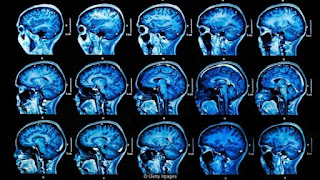Epilepsy vs. Seizures
Seizures are the only symptom of epilepsy. Epilepsy is
defined as having "two or more unprovoked seizures," according to
Johns Hopkins Medicine.
Some people have a single seizure, or seizures that are not
linked to epilepsy. According to the United Kingdom's Epilepsy Society,
non-epileptic seizures are not due to electrical activity in the brain. The
causes can be physical, emotional, or psychological.
There are also different types of seizure. Seizures may vary
between people with epilepsy, so in two individuals, the condition may look
different. For this reason, it can be called a spectrum disorder.
Outlook
Epilepsy can affect a person's life in multiple ways, and
the outlook will depend on various factors.
Will seizures continue?
If the cause is clearly identifiable, seizures are more
likely to continue.
Other factors affecting the chances of remission include:
- access to treatment
- response to treatment
- age when symptoms started
- other neurological condition the person may have
Join us at the International Conference on #Alzheimers, #Dementia and Related #Neurodegenerative #Diseases at Madrid, Spain on 27-28 August, 2018.... Register now at https://bit.ly/2HiY83e




Comments
Post a Comment